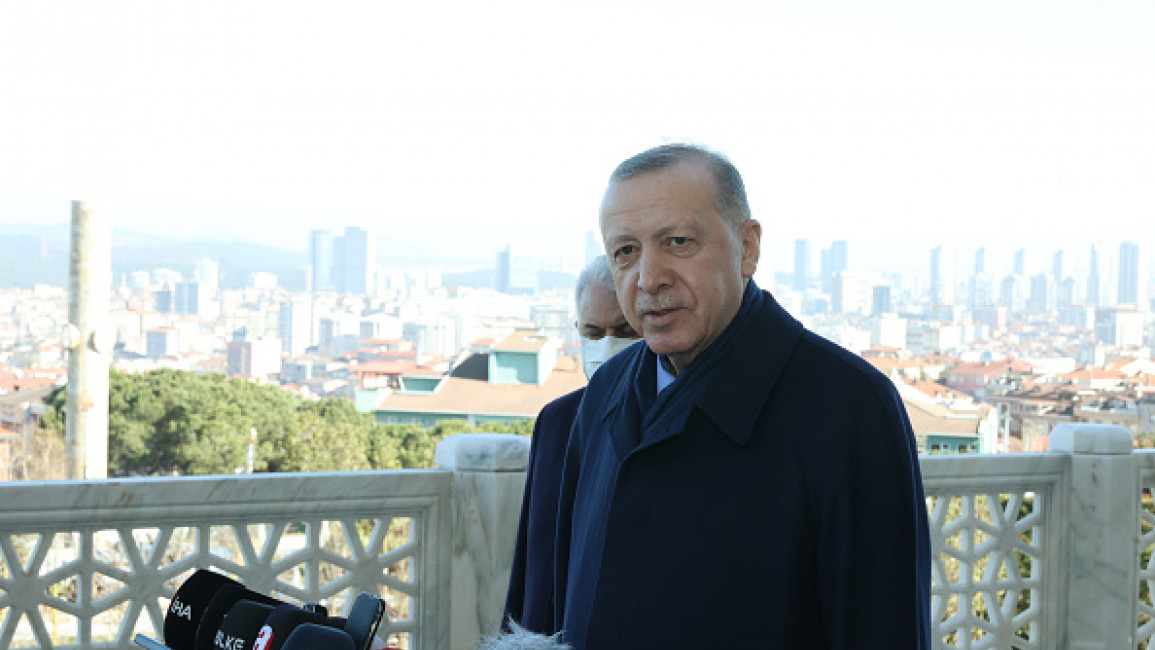Turkey to reduce taxes on basic foods to fight high inflation
Turkey’s president announced on Saturday a 7 percentage-point reduction in taxes added to basic food supplies as the country faces rampant inflation.
President Recep Tayyip Erdogan said value-added tax would be lowered to 1 percent from 8 percent on food purchases. His decision would be published in the Official Gazette and go into effect Monday.
Erdogan said that, in addition to the tax discount, the government "expects" food companies to lower their prices by 7 percent. He said these foods play a significant part in inflation.
Official data for January showed inflation rose to a staggering 48.69 percent annually, though independent experts say it’s more than 115 percent.
"We will not let inflation crush our nation," Erdogan said.
Critics, however, say the country is suffering from high inflation because of Erdogan’s insistence on lowering interest rates. He believes inflation is caused by high interest rates, in opposition to established economic theory.
The central bank, whose independence has been eroded by the government, had brought down the key policy rate by 500 points since September to 14 percent, but paused rate cuts in January.
A currency crisis was triggered by the cuts and the Turkish lira hit record lows in December. Because Turkey relies on imports for its energy needs as well as raw materials and many food supplies, prices have skyrocketed.
The lira closed this week at 13.49 against the dollar. The record low in December was 18.36.
Erdogan’s Minister of Treasury and Finance, Nureddin Nebati, also announced a step to encourage people to bring gold that they have been keeping "under the pillow."
He said 1,500 gold drop-off locations would begin operation on 1 March to integrate the precious metal into the financial system as deposits.
He added people would be able to withdraw their gold in physical form if they wished to.



